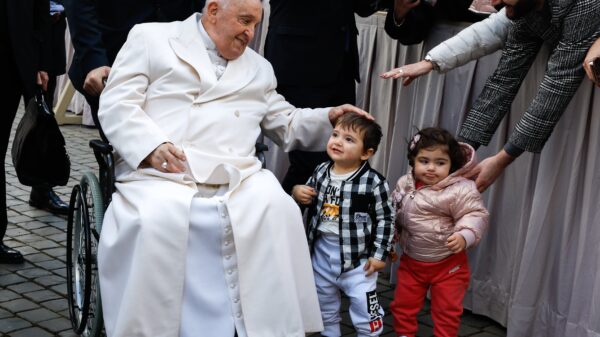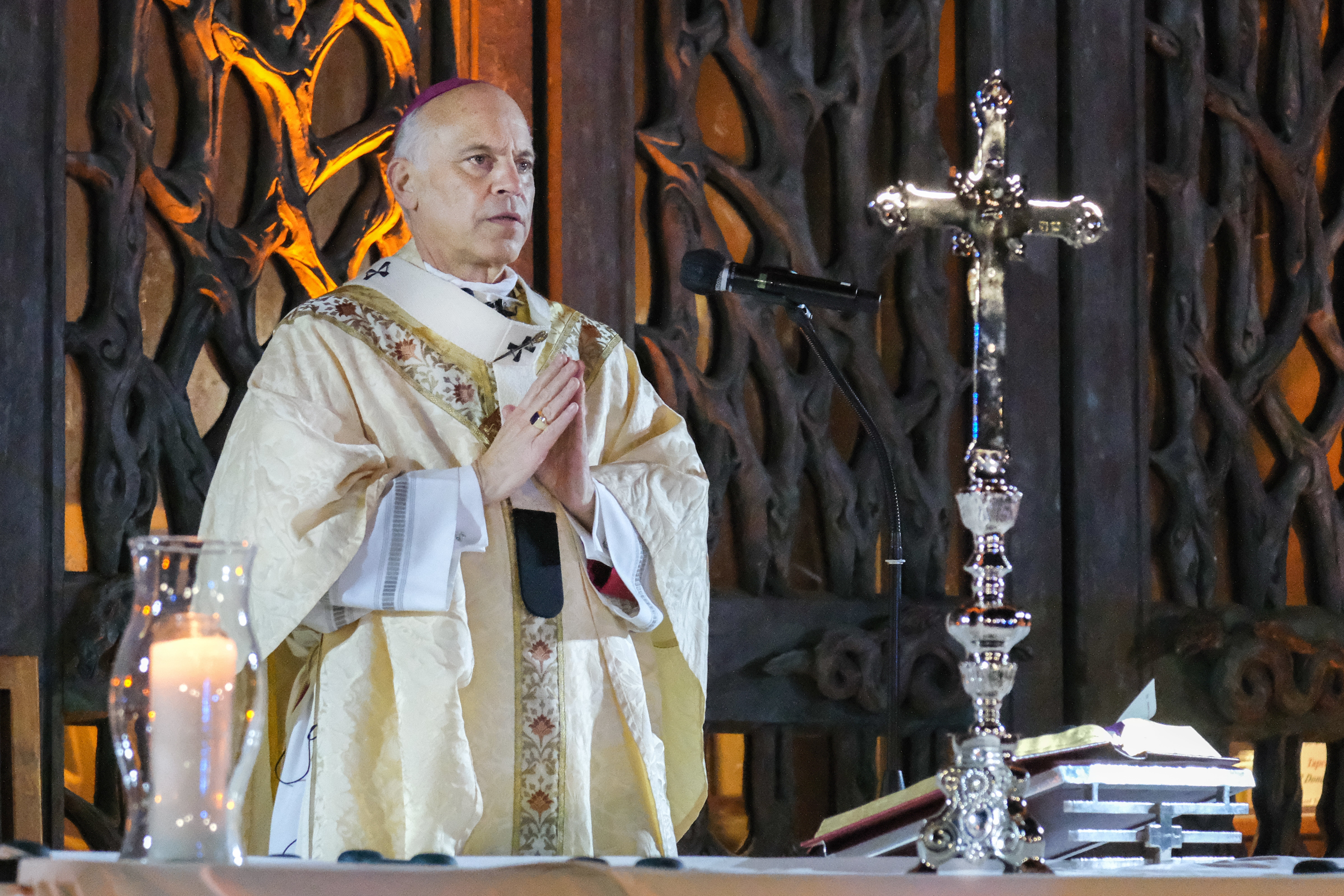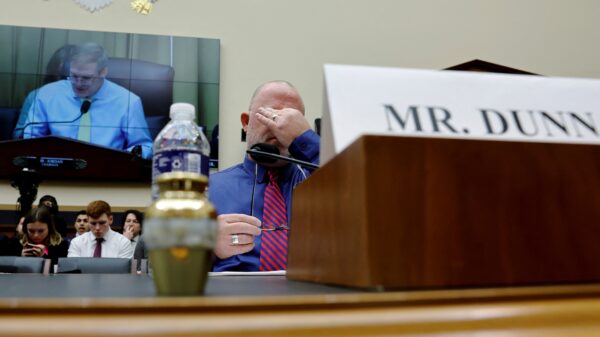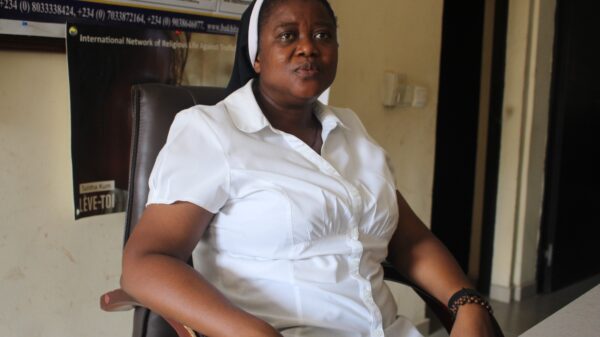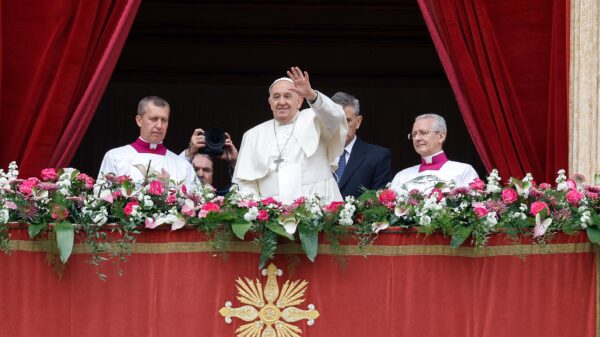SÃO PAULO (OSV News) — Convicted for sexually abusing children and teenagers for years, two Brazilian priests described their crimes in their journals, giving substantial accounts of their monstrous acts.
In a groundbreaking report, Brazilian journalists tracked 108 members of the clergy who perpetrated child abuse in Brazil between 2000 and 2023. The journal writers are among them.
The stories of Fathers Alfieri Bompani and Tarcisio Spricigo (who is defrocked) are narrated in a book recently released in Portuguese titled “Pedofilia na Igreja” (“Pedophilia in the Church”), written by Brazilian journalists Fábio Gusmão and Giampaolo Morgado Braga.
After three years of doing research in courts, police stations and archives, Gusmão and Braga were able to catalog 108 members of the clergy who perpetrated child abuse between 2000 and 2023. These priests victimized 148 children and teenagers. To date, only 60 of them have been convicted and sentenced. Dozens await trial. Some of them have already been laicized.
The unprecedented investigation includes a short explanation of all cases. But the authors offered a lengthier description of some clerics’ trajectory of abuses. Fathers Bompani and Spricigo, serial pedophiles who ended up imprisoned for years, are among them not only for the extension of their criminal records, but particularly because of their journals.
The fact that they documented their crimes resembles the case of the late Father Alfonso Pedrajas, the Spanish-born Jesuit priest whose journal revealed the abuses he perpetrated for decades in Bolivia — a case revealed in early May by Spanish El País newspaper.
“When I heard about the case in Bolivia, I was petrified. One can realize that there is some kind of pattern in the behavior of pedophile priests,” Gusmão told OSV News.
The former priest perpetrated abuses between 2000-2014 in three different states. He was convicted for crimes against victims ages 5 to 13. After being imprisoned for some years, he tried to abuse another boy in 2014. By then, he had been laicized.
In 2002, when he was arrested for the first time, the police discovered his journal. It “appeared to be a guidebook for priests who want to commit abuse,” Gusmão said.
In an entry in July 1989, Spricigo says that his goal is to “fulfill” himself “affectively, physically and sexually, ensuring that there will be continuity and secrecy.”
He notes that, when approaching a potential victim, he should be “clear and straightforward,” “talking directly with the person about the above goals.” He adds that he should make the victim “feel important.”
He goes on, pointing out that when he and his victim are together in a group, he (the priest) should “play games” so “the little boy will be jealous and will value” him more.
Another entry demonstrates that Spricigo had a very clear notion of how vulnerable potential victims should be. He defines them as poor boys ages 7 to 10. They should not have a father present, the predator said, and are being raised instead by a single mother.
In what looks like a “manual of abuse,” and typical behavior of a sexual predator, Spricigo describes that “guitar classes” or “an offer to become an altar boy” are ways to attract the victims. He said it was very important to “get hold of the boy’s family.”
Gusmão’s opinion is that Spricigo’s writings demonstrate not only his meticulous methods to commit crimes, but also reveal his abuse of power.
“That is also perceptible in Bompani’s texts. There is an underlying sense of vanity for what he managed to do,” he analyzed.
Father Bompani was arrested in 2003, convicted in 2004 for four cases of abuse, and sentenced to 93 years in prison. He served 13 years of his sentence in prison and is now on parole.
“He established a ranch with the help of his parishioners with the supposed goal of helping kids with problematic families or a history of substance abuse. But it really was a source of potential victims,” Gusmão recalled.
Father Bompani would approach vulnerable families and offer them the possibility of sending their son to live with him at the rectory or at the ranch, which was named Nazareth. Soon, the abuses would begin.
Every boy in the ranch knew what happened there, but they would keep silent for a number of reasons, including the fear that their families would punish them.
Like in Spricigo’s case, the police seized Father Bompani’s journals — along with pornographic videos — when he was denounced. The texts were encrypted and had to be decoded by the agents.
In one of the volumes, he narrated his heinous acts with the boys in the ranch.
Father Bompani denies all crimes he was convicted of and shows no sign of regret. Some of his victims have developed mental health issues and had a history of drug addiction after the abuse. He was interviewed by a cleric after a few years in prison about his crimes, but he does not know if he was laicized or not.
Nobody in the church responded to the authors of the book about the situation of Father Bompani and other abusers, they told OSV News.
Braga said that Father Bompani and Spricigo’s modus operandi are typical of abusers not only in Brazil, but also in other countries, according to experts in church abuse that were interviewed by him and Gusmão for the book.
“Those criminals will always look for boys who come from families that are dysfunctional or have some marked fragility. They will appear to them as a solution for their problems,” the journalist said.
It is common for such priests to give money to the boys’ mothers or grandmothers, make frequent visits to them, bring gifts, and offer to help with their problems.
“This way, the abuser becomes a fatherlike figure and gains the family’s trust. When he asks the child to sleep with him at the rectory, nobody thinks it is an awkward invitation,” Braga described.
Many victims contacted by the authors were left alone after being abused, receiving no help from the church or their community — with both entities many times siding with the abuser and accusing the victims of lying.
“It is something devastating. Faith is the only thing that many people have during a crisis. If the person who represents their faith is the one responsible for the crisis, there is nothing left,” Braga reasoned.
Gusmão emphasized that pedophilia is listed as a psychiatric disease by the World Health Organization and there are experts in mental health who can detect traits of it.
“Some dioceses already analyze candidates (for) priesthood to try to identify that kind of problem before admitting them. That means that the church can take action to avoid those cases from happening again,” he argued.
Gusmão and Braga hope that their investigation can open the way for new denouncements against clergy sex abuse by the church in Brazil, as they consider that the cases that they narrated in the book are only a fraction of the real number of occurrences.
Eduardo Campos Lima writes for OSV News from São Paulo, Brazil.



